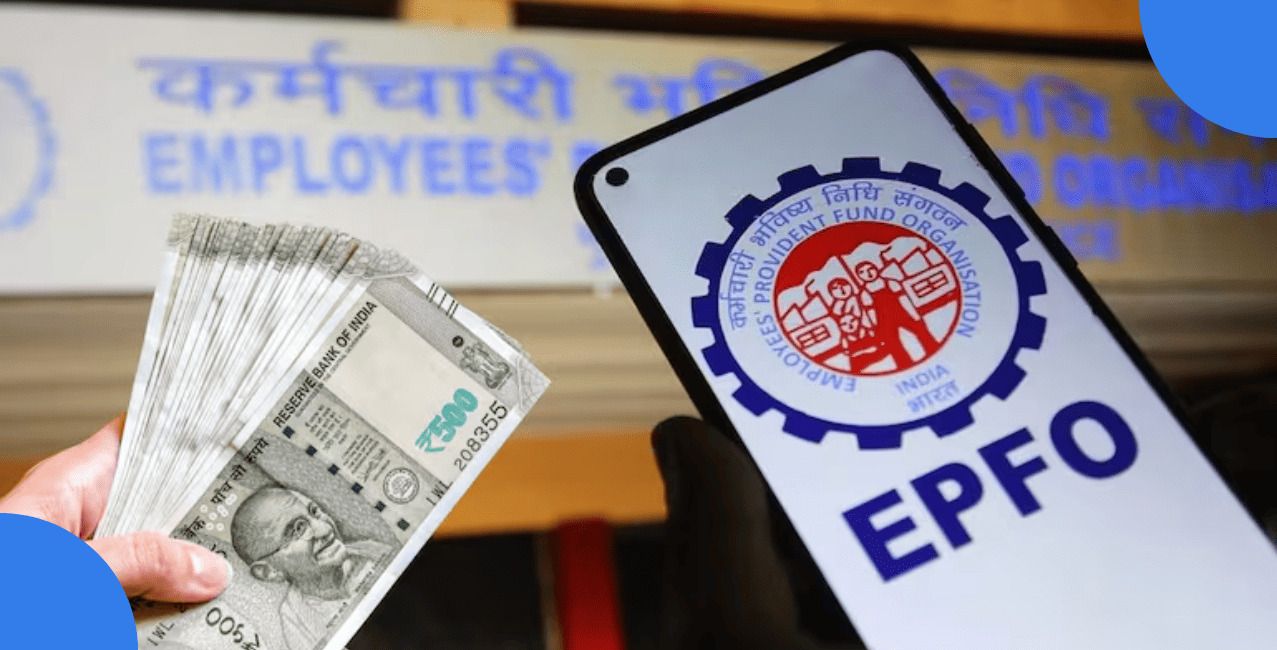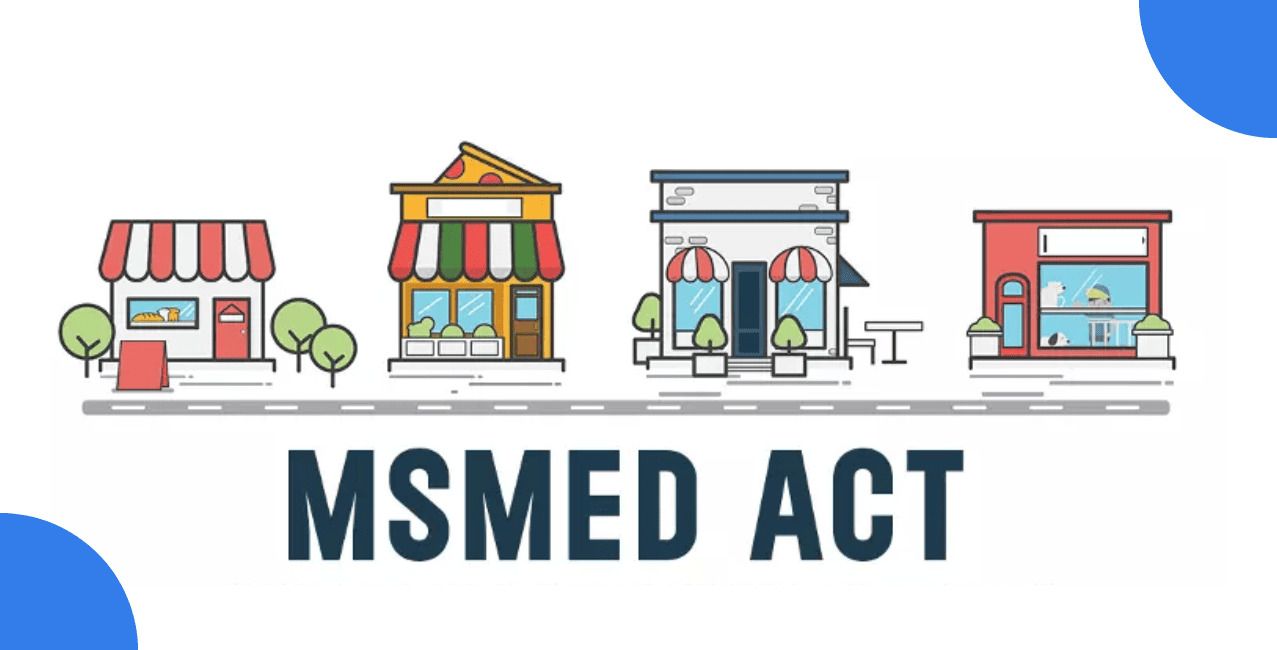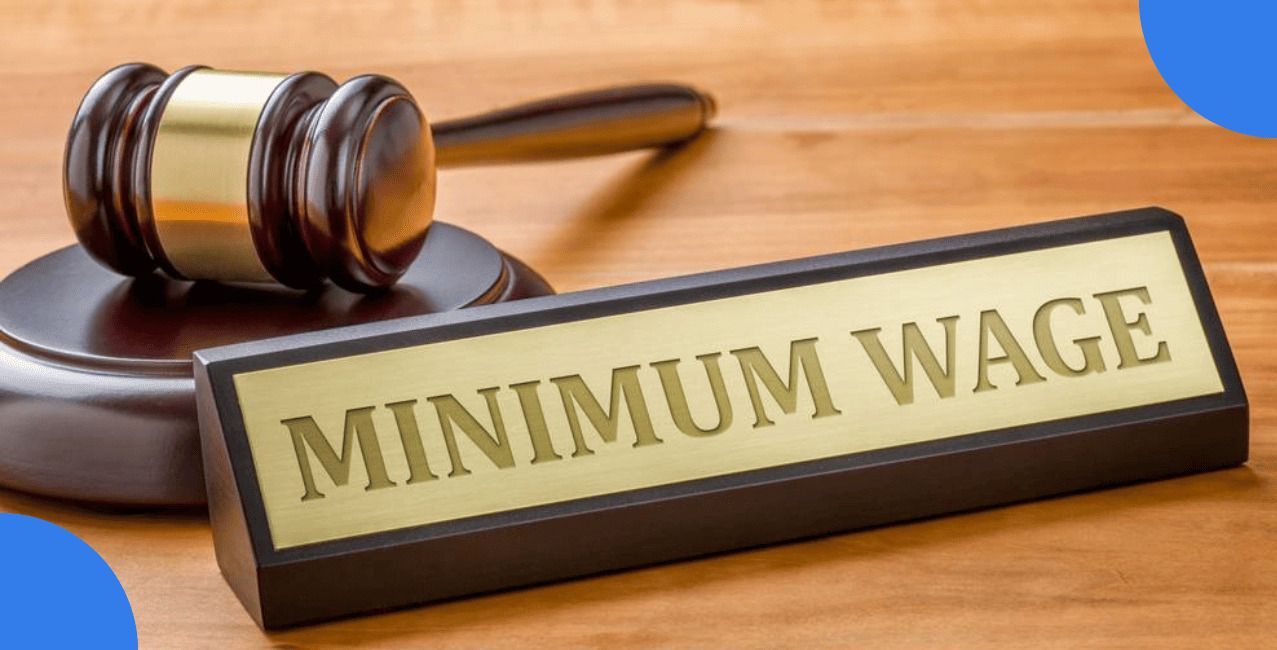Should You Pay Off Your Mortgage Early? A 2025 Financial Decision Guide
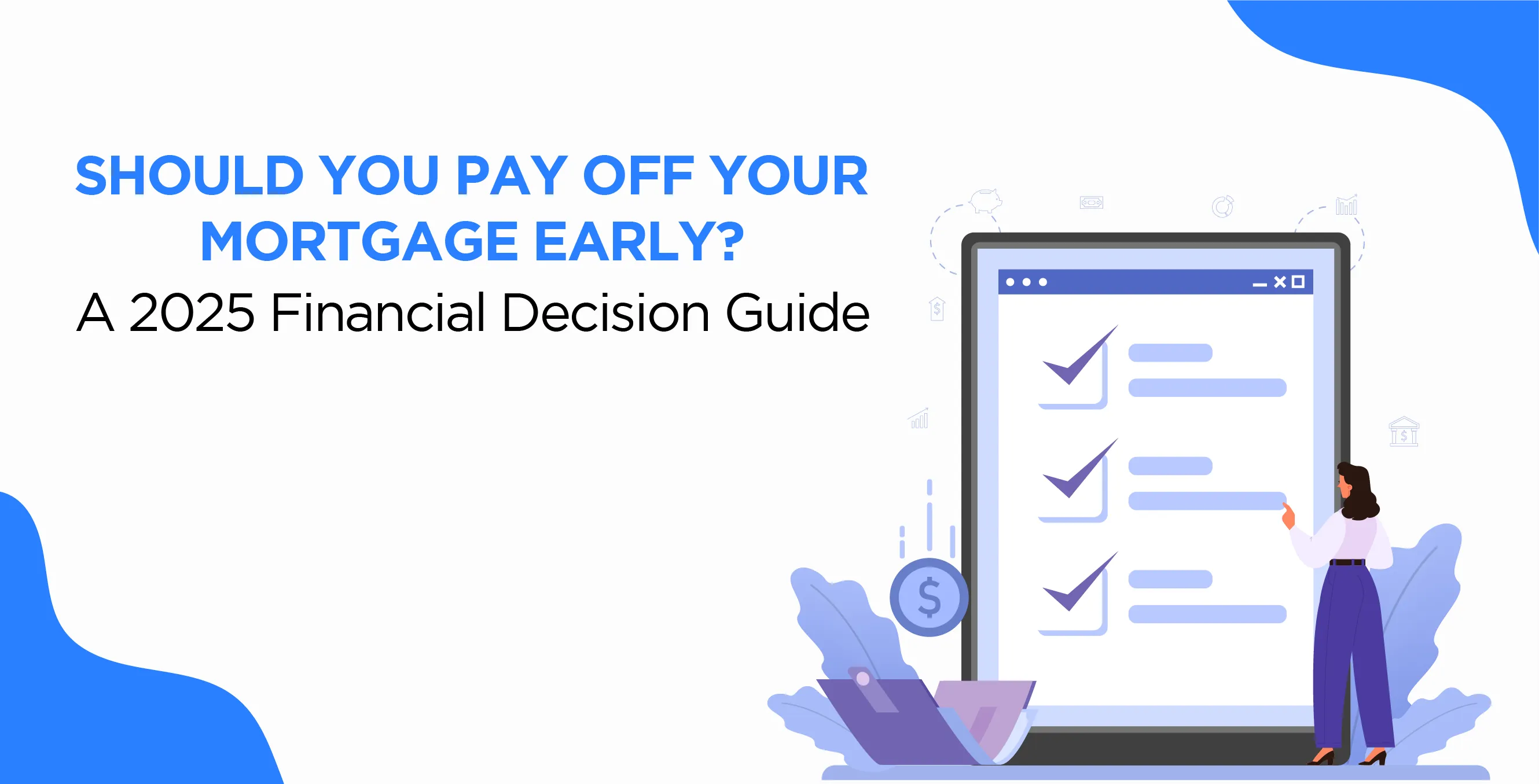
Check Your Loan Eligibility Now
By continuing, you agree to LoansJagat's Credit Report Terms of Use, Terms and Conditions, Privacy Policy, and authorize contact via Call, SMS, Email, or WhatsApp
Are you thinking about paying off your home loan early? It’s a big decision, and many homeowners wonder the same, especially with interest rates changing in 2024.
After the Reserve Bank of India cut the repo rate from 6.50% to 6.25%,, banks like SBI lowered their home loan rates, now offering 8.50% to 9.85% for loans above ₹75 lakh.
With lower rates, some people keep their loans, while others see a chance to clear their debt faster. Paying off your mortgage early can save you a lot on interest and shorten your loan period. But there’s more to consider, like missing out on tax benefits or better investment options.
Let’s explore if early repayment is the right move for you.
What Does Paying Off a Mortgage Early Mean?
Paying off your mortgage early means settling your home loan before the agreed-upon tenure ends. This can be achieved through various methods, each offering unique benefits:
- Lump-Sum Payments: Making a one-time payment towards the principal amount. For instance, if you receive a bonus or inheritance, you might choose to put ₹5,00,000 directly into your loan, thereby reducing the outstanding balance and the interest accrued over time.
- Extra Monthly Payments: Adding an additional amount to your regular monthly EMI. Suppose your monthly EMI is ₹25,000; by paying ₹30,000 instead, you gradually decrease the principal faster, leading to a shorter loan tenure.
- Bi-weekly Payments: Instead of monthly payments, you pay half of your EMI every two weeks. This results in 26 half-payments annually, equating to 13 full payments, effectively making one extra payment each year.
It's essential to distinguish between paying off a mortgage early and refinancing:
Aspect | Paying Off Early | Refinancing |
Definition | Settling the existing loan ahead of schedule through additional payments. | Replacing the current loan with a new one, typically with better terms. |
Objective | Reduce interest payments and loan tenure. | Obtain a lower interest rate or adjust loan terms. |
Process | Direct payments towards the principal. | Application for a new loan to pay off the existing one. |
Costs Involved | Possible prepayment penalties. | Closing costs, appraisal fees, and potential penalties. |
Impact on Credit | Generally positive, showcasing responsible debt management. | May cause a temporary dip due to the new credit inquiry. |
Understanding these differences helps in making decisions about managing your home loan effectively.
Pros of Paying Off Your Mortgage Early
Deciding to pay off your mortgage ahead of schedule can offer several advantages:
Save on Interest Payments
By reducing the principal amount sooner, you decrease the total interest payable over the loan's duration. For example, on a ₹50,00,000 loan at an interest rate of 8.5% for 20 years, the total interest payable would be approximately ₹54,13,000.
If you make a lump-sum prepayment of ₹10,00,000 after five years, you could save around ₹15,00,000 in interest and shorten the loan tenure by several years.
Read More – Home Loan Rates Fall Below 7.5%; Here’s What Top Banks Are Offering
Gain Financial Freedom and Peace of Mind
IImagine saving ₹30,000 every month once your EMI ends. In a year, that’s ₹3.6 lakh you can use for your child’s education, a new car, or mutual fund investments. Without EMI pressure, managing your money becomes easier.
Increase Home Equity Faster
Suppose your house is worth ₹80 lakh and you’ve already paid back ₹30 lakh. That means you own 37.5% of it. By prepaying, you increase your share faster. This helps if you plan to sell the house or take a loan against property later.
One Less Monthly Bill in Retirement
If you retire at 60 without a ₹25,000 EMI hanging over your head, your pension or savings can go towards daily needs, healthcare, or enjoying life, instead of repaying loans.
Potential Improvement in Credit Score
Paying extra towards your loan and lowering your debt can improve your credit score. This helps you get better deals on future loans or credit cards.
Still, before deciding to prepay, look at your full financial picture, do you have an emergency fund? Are there higher-interest loans to clear first? Can investing give better returns?
Cons of Paying Off Your Mortgage Early
Sometimes, paying off your home loan before time is not the best financial choice. Even though it feels good to be debt-free, it may not always work in your favour. When you rush to close your loan, you might lose some key benefits or miss out on better money-making options.
Let’s look at the downsides of paying your mortgage early.
Loss of mortgage interest tax deduction
If you pay off your home loan early, you may no longer get tax benefits on the interest you pay. In India, you can claim up to ₹2,00,000 every year under Section 24(b) for interest paid on home loans. Once your loan is gone, this benefit goes too.
If you are in a high tax bracket, this could mean a bigger loss. So, if your tax savings are more than the interest you are paying, it may be wise to keep the loan for a few more years.
Ties up liquidity, less cash for emergencies
Paying a large amount to close your loan can leave you with less cash for sudden needs. Say you use ₹10,00,000 from your savings to clear your home loan.
Then a medical emergency comes up. If you don’t have other savings, you may need to borrow again, this time at a higher rate. Keeping a good cash buffer is always smart. It helps you stay stress-free during hard times.
Missed investment opportunities
If your home loan interest is low, you could earn more by investing your extra money elsewhere. For example, holding the loan may make more sense if your loan is at 8%, and you can invest in mutual funds or stocks that give 12%. Let’s see a simple comparison:
Option | Return/Interest | Final Value after 5 years (₹10,00,000) |
Pay off 8% home loan | Save ₹4,66,000 interest | ₹4,66,000 saved |
Invest at 12% annual | Earn returns | ₹17,62,000 approx. |
So, instead of saving ₹4,66,000 by closing the loan, you could make ₹7,62,000 more by investing.
Potential prepayment penalties
Some banks or lenders charge a fee when you pay your loan early, especially if it's a fixed-rate loan. Even if this charge is 2%, for a big loan like ₹20,00,000, that’s ₹40,000 gone.
Always check with your lender before making a lump-sum payment. This penalty can eat into your savings and make early payment less attractive.
Opportunity cost of business or education
If you use all your funds to repay the loan, you may miss out on other important goals like starting a business, funding higher education, or buying another property.
For example, using ₹10,00,000 to invest in a child’s education abroad might offer better long-term returns than closing your home loan a few years early.
Also Read - What is a Mortgage Loan? Meaning, Process & Eligibility Explained
When Paying Off Early Makes Financial Sense
In some situations, clearing your mortgage early is the right move. If you are free from other debts, have enough savings, and no better use for the money, it can bring peace and save interest. Here's when early payment is a smart choice:
- You don’t face any prepayment charges from your bank.
- Your home loan interest rate is high, above 9%, and you want to reduce total interest cost.
- You are nearing retirement and want fewer monthly expenses.
- You already have a solid emergency fund of at least ₹6,00,000.
- You don’t have any personal loans or credit card dues.
- You have idle funds like a fixed deposit earning only 6%, while your loan costs 9%.
- You value peace of mind more than potential extra returns from investment.
When It’s Smarter to Hold On to the Mortgage
There are cases where keeping the home loan is actually a better money move. Low interest rates, investment plans, or tax savings can be good reasons to continue EMIs. Let’s explore them one by one:
Low fixed interest rate
If your home loan rate is fixed and low, say 7% or less, there’s no big rush to pay it off. Inflation also reduces the real cost of the loan over time. With rising incomes, that EMI becomes easier to manage each year.
Year | EMI (₹) | Real Cost with 5% Inflation (₹) |
2025 | 25,000 | 25,000 |
2028 | 25,000 | 21,560 |
2032 | 25,000 | 19,550 |
So, the value of money decreases, but your EMI stays the same.
You can earn more by investing elsewhere
Your money may grow faster in the stock market, mutual funds, or business than the amount you save by paying off the home loan. If your expected return is 12% and your loan interest is 8%, you gain 4% extra by investing instead of prepaying.
Amount | Prepay Loan at 8% | Invest at 12% |
₹10,00,000 | Save ₹4,66,000 in 5 years | Earn ₹7,62,000 in 5 years |
That’s a clear ₹2,96,000 gain by investing smartly.
You’re eligible for significant tax deductions.
If you claim both Section 80C (principal) and Section 24(b) (interest), you reduce your taxable income. These benefits are worth lakhs each year for someone in the 30% tax slab. Keeping the loan helps you maximise deductions while you invest the rest.
You need liquidity for other financial goals.
Maybe you’re saving for your child’s college fees or want to start a new business. Tying up all funds into loan payments can delay these goals. Keeping a home loan lets you stay flexible and plan better.
You want to maintain a credit history.
Long-term, regular payments build a strong credit score. This helps you get better loans in the future. If you close all loans too early, your credit activity may reduce, and lenders may not see an active track record.
Conclusion
Paying off your mortgage early is a big step. It can save you lakhs in interest and give you peace of mind. But it’s not the right choice for everyone. If you have high-interest loans, low emergency savings, or better investment plans, it may be smarter to hold on to your home loan.
Consider your age, income, plans, and overall money goals. If your loan has a high rate and you’re close to retirement, closing it early can help. However, keeping the loan might work better if your rate is low and you can earn more elsewhere.
Always compare the savings from prepaying with the benefits of investing, tax breaks, and liquidity. There’s no right answer, just the one that fits your life best.
FAQs
1. Is it good to pay off a home loan early in India?
Yes, if your loan interest is high and you have extra funds. It helps save on interest and reduces your debt burden.
2. Will I lose tax benefits if I close my home loan early?
Yes. Once your loan ends, you cannot claim deductions under Section 24(b) and Section 80C for home loan interest and principal.
3. What is better, paying off a home loan or investing?
If your investment returns are higher than your loan interest rate, investing is better. Otherwise, paying off the loan early is safer.
4. Are there charges for prepaying a home loan in India?
For floating-rate home loans, most banks don’t charge. But fixed-rate loans may have penalties. Always check with your bank first.
5. Can I pay off my home loan in parts?
Yes, you can make part payments. Regular lump-sum payments or extra EMI amounts can reduce your loan tenure and interest cost.
About the author

LoansJagat Team
Contributor‘Simplify Finance for Everyone.’ This is the common goal of our team, as we try to explain any topic with relatable examples. From personal to business finance, managing EMIs to becoming debt-free, we do extensive research on each and every parameter, so you don’t have to. Scroll up and have a look at what 15+ years of experience in the BFSI sector looks like.
Subscribe Now
Related Blog Post
Recent Blogs
All Topics
Contents
Quick Apply Loan
Consolidate your debts into one easy EMI.
Takes less than 2 minutes. No paperwork.
10 Lakhs+
Trusted Customers
2000 Cr+
Loans Disbursed
4.7/5
Google Reviews
20+
Banks & NBFCs Offers
Other services mentioned in this article


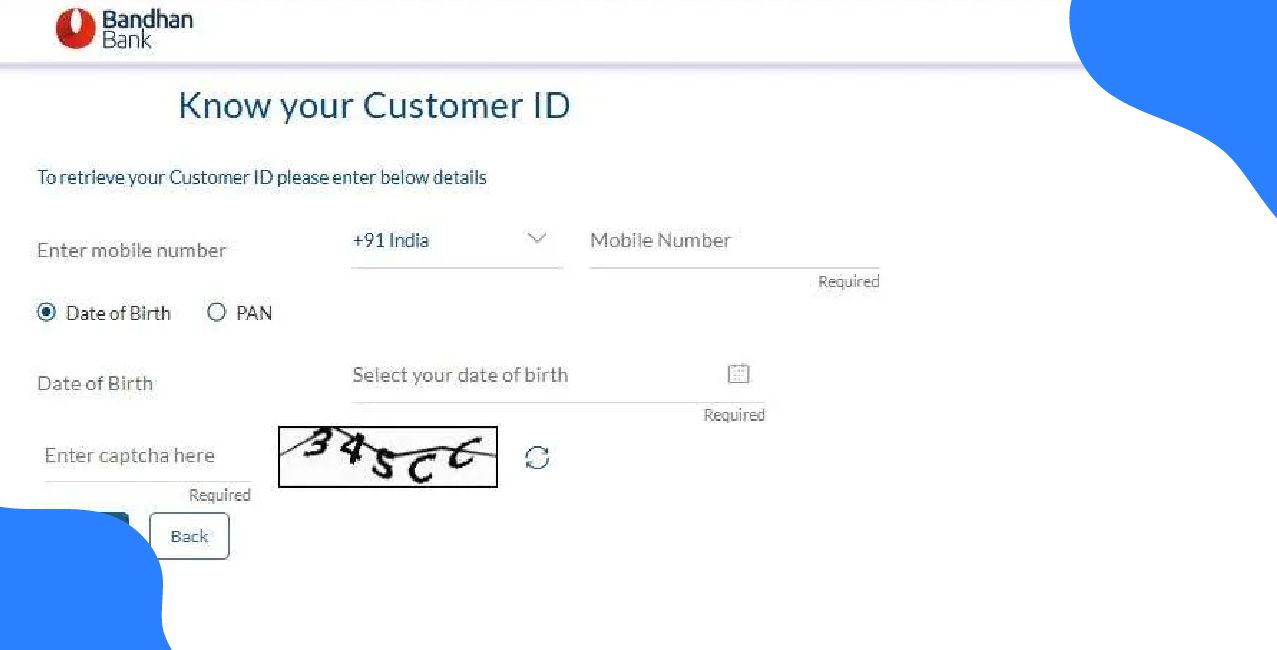
.png)
